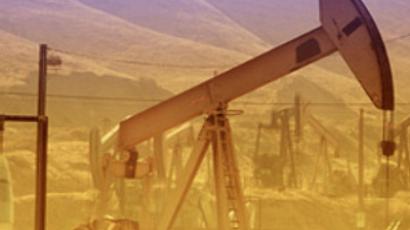Can oil production boost bring down rising costs?
Oil producers and consumers have gathered at the Jeddah Energy Meeting where Saudi Arabia announced it could boost production – depending on consumer demand.
The state of the global oil market was discussed with the effects of soaring prices worldwide being felt both by consumers and producers.
Saudi Arabia, the world's largest oil exporter, has been under pressure from the United States and other consumers concerned over rising prices.
In response, Saudi Arabian Oil Minister Ali al-Naimi said: “Whether oil production is going to increase or decrease depends on the demand from our customers. We do not just raise production or reduce production just for the sake of doing it. But as long as there is a consumer, you have to meet the needs of that consumer.”
The country declared it will increase production to 200,000 barrels a day in order to hold down price increases. That would bring daily output up to 9.7 million barrels.
In Russia, oil production has been falling, but the country’s Deputy Energy Minister thinks producers are not to blame for price rises.
Stanislav Svetlitsky said: “We are increasing the extraction and export of oil, but as it has become clear, current oil prices are being pushed up by speculators, not producers. Both producers and customers want a stable predictable market.”
World oil prices rose on Monday in spite of Saudi Arabia's output pledge, as investors focused not on possible future supplies, but on tensions in the Middle East and disruption to production in Nigeria.













